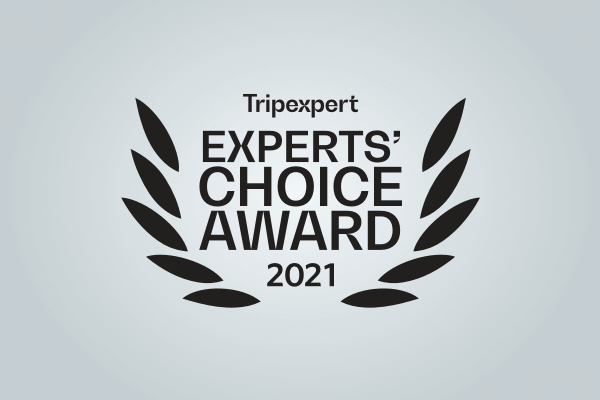
Tripexpert is excited to announce the winners of the 2021 Experts’ Choice Awards. This year, the award will be received by 5,000 hotels, restaurants and attractions in 126 countries. These are, quite simply, the best of the best places to stay, eat and visit in 2021, according to professional travel reviewers.
What’s new this year
The emergence of COVID-19 halted travelers in their tracks. Over 18 months, as the world went into lockdown after lockdown, it became clear that travel would have to be reinvented for a post-pandemic world. Throughout, businesses have shown amazing resilience and creative thinking. Michelin-starred restaurants became takeaways. Hotels took the opportunity to renovate or extend. Museums, galleries and other attractions went digital and innovated to engage visitors stuck at home.
Because of the pandemic, we decided against awarding Experts’ Choice in 2020. Instead, we used the time to overhaul the site, which is now faster and easier to use. We also improved our coverage of remote destinations that have been especially popular with travelers in the last year, such as national parks and nature reserves.
About this year’s winners
Many of our Experts’ Choice winners are notable for how they responded to the pandemic. In the restaurant category, the three Michelin-starred 11 Madison Park in New York was not above designing meal kits so diners could recreate their gourmet experience in their own homes. The Crane Resort in Barbados, another Experts’ Choice winner, is allowing guests who test positive for coronavirus to self isolate at the resort for free, rather than paying for a government hotel.
Other winners include the New Acropolis Museum in Athens, an outstanding museum which recently made its entire permanent collection of 2000-plus artefacts available online, and Astrid & Gaston, a pioneering restaurant which helped put Lima on the tourism map.
The New Acropolis Museum in Athens
Despite the hardships involved in opening new businesses in the past 18 months, our list of winners includes an impressive 849 places that have not previously received the award.
As in previous years, Europe and the Americas performed very strongly; this year, it’s a virtual tie between the two continents in terms of total number of winners (about 1,900 each). They are followed by Asia (about 900 winners) and Africa and Oceania (about 250 winners each).
Selection criteria
Tripexpert is unique in relying exclusively on professional reviews in determining our award winners. Every place we cover has a Tripexpert Score — the result of aggregating reviews from travel guides, magazines, newspapers and blogs. Our sources include publications like Travel + Leisure, Frommer’s, and The New York Times.
Experts’ Choice is awarded to the highest rated places in each destination. In general, no more than 2% of businesses receive the award, making it a distinctive honor.
Next steps
If you’re a winner, we’ll send you an email. You can use our collection of Experts’ Choice badges on your website to show that you are top-rated by experts. Additional resources are available on our Experts’ Choice page, and we’re happy to help you with media outreach — please contact Chris Blume with any queries you may have.
If you’re a traveler, keep an eye out for Experts’ Choice badges on the pages of winning venues on Tripexpert.com and around the internet when you’re planning your next trip. You can also look for winners on our Experts’ Choice page.
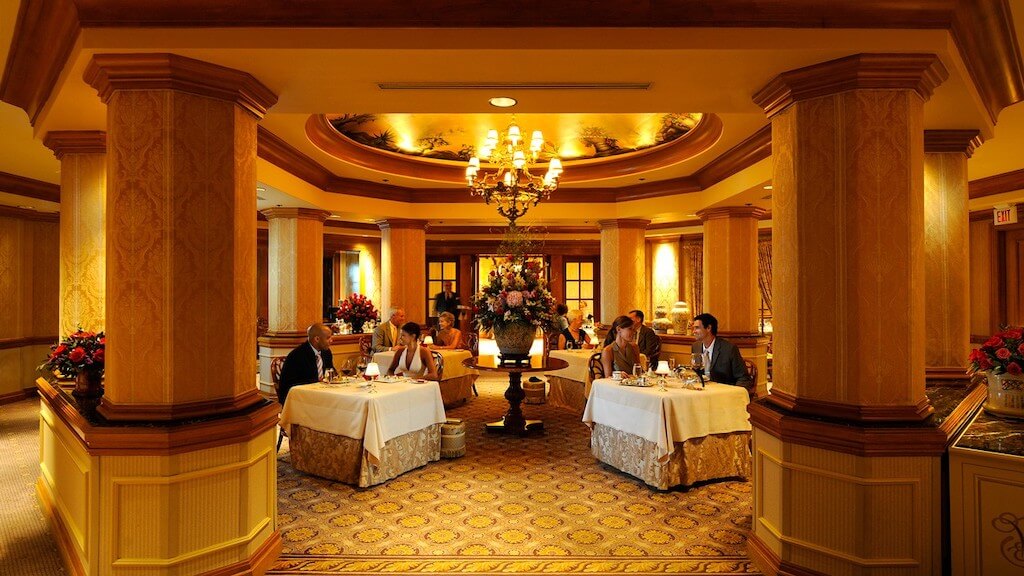
Epicurean adventure is not often synonymous with theme parks. But tucked within Walt Disney World Resorts are hidden gastronomical gems appealing to even the most distinguished palates. If you’re looking to celebrate that special occasion, these expert choice picks not only tantalize your taste buds, but whisk you off on a culinary adventure. After all, this is Disney World.
Exuding sophistication and elegance, this AAA Five Diamond Award recipient, located inside of the breathtaking Grand Floridian Resort (86), boasts fresh cut flowers, a champagne trolley and a mere 14 tables, ensuring the most personalized service. The Chef’s Degustation Menu, sourcing only the freshest ingredients from around the world; think truffles from Italy and herbs from Ohio, evokes a long, leisurely dining experience, one dubbed by Forbes Travel Guide as “tailor made for those craving sophistication.” Coupled with a selection of over 600 wines, Victoria & Alberts is by far a bucket list dining experience.
The mid-century modern eatery, located inside Disney’s Contemporary Resort (80), draws a crowd for unprecedented views of the Seven Seas Lagoon, and the Magic Kingdom nightly fireworks show. But beyond the stellar views, the California Grill offers an extensive collection of Contemporary American cuisine. From lighter fare; such as hand rolled sushi to a more hearty grilled Colorado bison loin, there’s a little something for everyone. Enjoy a glass of wine from the expansive collection while marveling the master chefs creating their culinary delights in the open kitchen. It’s a show that rivals the fireworks display!
As close to the Savannah as one can get without traveling thousands of miles, guests are greeted by African exchange students, the rich aroma of spices and a pair of wood burning. Throughout the evening, the lighting alters from sunset to sunrise, adding to the romantic ambience. With “elegant takes” on African cuisine, according to Zagat, dishes are fused with Coastal Mediterranean, African, Indian and European flavors. With over 1800 bottles, Jiko also boosts one of the country’s largest collections of South African wine. After diner, take a walk through the Animal Kingdom Lodge (87) and the “Savannah” grounds, where giraffes and zebras freely roam.
Dubbed “an oasis in the middle of chaos,” according to Zagat, Disney’s Boardwalk is home to the recently redesigned Flying Fish. Named after the famous Coney Island Coaster, “Flying Turns,” it’s easy to sense the nostalgia of a vintage seaside town. With entrees such as; Hokkaido Scallops complemented with Antebellum grits, sweet corn and a peppadew emulsion, and Wagyu filet, asparagus, sweet onion risotto and truffle sauce, the presentation is as pleasing as the flavors. Not quite your Coney Island fare.
Celebrity chef Todd English’s restaurant transports guests on an unprecedented underwater adventure with an interior brandished in elements of glass, tranquil blue colors and aquariums. It’s as sexy and sophisticated as the menu. The raw bar selection platter; including Maine lobster tails, clams, the day’s ceviche, and more feature the freshest seafood from the east and west coast. And, that’s just the beginning. The award winning restaurant serves up seafood, steak, speciality cocktails, and everything in between. Be sure to end the evening with the seasonal truffles from two time world champion pastry chef, Laurent Branlard.
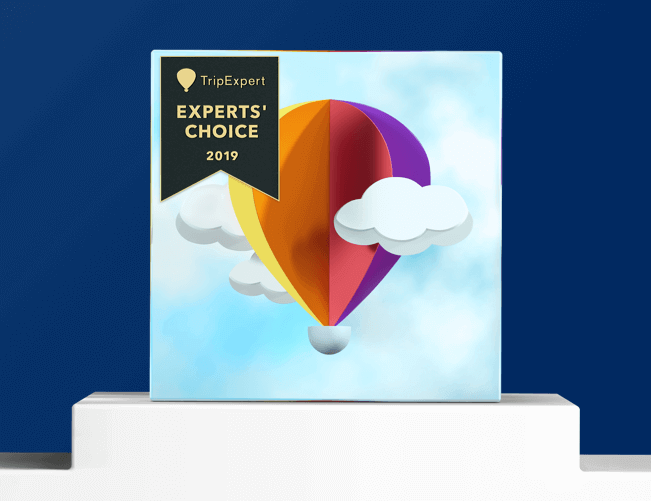
This year’s winners were chosen based on over 1.5 million professional reviews.

In 2016, we launched our Expert Review API to allow anyone to programmatically access professional review data for over 50,000 hotels, restaurants and tourist attractions worldwide.
We’ve been very pleased with adoption of the service, which is now used by over 50 startups as well as by more well-established travel portals. The kinds of uses that we’re seeing are much more extensive than we’d originally anticipated — our white-label API customers include companies working on AI travel search technology and travel agencies using the reviews in-house to improve service to their clients.
We’re gearing up to launch v2 of the API. We’re designing this version to be as backward-compatible as possible; for most users, common API calls will continue to work without any changes necessary. (And in any event we will continue to support v1 of the API until at least the Fall of 2019.) Here’s a preview of three new features in v2.
For the first time, the API will include coverage of award lists from major publications.
Some of the most eagerly anticipated travel content takes the form of lists, like Condé Nast Traveler’s Gold List and The World’s 50 Best Restaurants. The new version of the API will include this data for the first time.
Useful pieces of advice are often included in reviews, like what room to ask for at a hotel, what dishes to order at a restaurant, and the best time of day to visit a particular attraction. Our team has been working to identify this advice; the API will also now provide more structured data for each item.
Currently, each venue on TripExpert is ranked within a particular destination, such as the Bahamas, New York City and Hawaii. This is adequate for most purposes, but not if you’re trying to get a ranked list in a wider or narrower geographic area — like the Caribbean, the Upper East Side, or Kauai. We’re building features that will let you retrieve this data via the API.
We’ll be updating the documentation on our developer site in the coming weeks. Feel free to reach out to [email protected] if you have any questions. If you’re building something new and you think our data may be useful, we’d love to hear from you.

TripExpert features the world’s largest database of expert travel reviews. Until now, we’ve sourced reviews from print and online publications, primarily travel guides, magazines, and newspapers. Today we are pleased to announce that we’re taking the first steps towards expanding our coverage by including reviews from select individuals.
Our Expert Advisors Program allows leading travel agents, hotel concierges, and other travel professionals to contribute to TripExpert. In addition to writing their own reviews and advice, Expert Advisors can maintain a profile on TripExpert.com, where they can show off their expertise and promote their services.
Seasoned travel professionals have exceptional knowledge of their favorite destinations and topics. Like the writers for our source publications, these are people whose job it is to evaluate and recommend hotels, restaurants, activities and excursions. Until now, there has been no centralized repository for their knowledge. As our catalog of Expert Advisors grows, you’ll be able to search for an advisor who covers the places you’re traveling to, and see their insider recommendations.
We’ve so far welcomed a handful of invited Expert Advisors into the program. In the coming weeks, you’ll start seeing their reviews alongside our existing publication reviews on TripExpert and our partner sites. We’ll be adding other new features, including the Expert Advisor Directory, as the program grows.
If you’re a travel professional interested in participating, head over to the Expert Advisors Program page to sign up.

Our mission at TripExpert is to bring the experts back into travel. For over a year, we have made professional reviews available on our own site, TripExpert.com. We are excited to now announce the start of the next phase in accomplishing our mission: opening our data to third party developers through our Expert Review API.
The API allows retrieval of about half a million reviews of hotels, restaurants, and tourist attractions, sourced from over 60 publications. In addition to review data, the API also makes available the TripExpert Score and our curated review extracts and advice. For more information about the API and its features, visit tripexpert.com/api.
The API has been in private beta for several months, and during this time we’ve been working with three companies that are the first to incorporate our data into their own services:
-
1. AirFi
Airfi, a Lufthansa company, has made TripExpert-powered city guides available on the inflight entertainment systems of several airlines.
-
2. Citymaps
Citymaps, the mapping platform that powers NYC’s taxi cabs and the official NYC tourism app, is integrating TripExpert reviews into its app.
-
3. Jetaport
Jetaport is bringing TripExpert data to its website, which streamlines group bookings for hotels.
Any travel service and any app with local business listings is a potential partner, such as travel meta search sites, mapping applications, and hotel or restaurant booking services. Here are some of the ways in which our data can help your users:
• Travel planning: aid travelers in making better decisions when planning where to go and where to stay.
• In-destination guidance: on the ground, travelers get accurate, concise information from sources they trust.
• Improving your internal ranking methodology: use the TripExpert Score as an input in determining the best places to show to your users.
We hope that developers will use the API to overcome the many deficiencies and limitations of user reviews. In addition to being unreliable and subject to abuse, it’s often difficult for new startups to accumulate enough user reviews in order to provide a satisfying user experience. Our expert reviews can fill these gaps and provide high quality ranking signals.
Here are some examples of cool things that you can do with the API:
• Find reviewers’ advice, customized to your audience: for example, ask the API to return all of the advice for the Four Seasons New York that pertains to room selection or that is applicable to business travelers.
• Find hotel and restaurant awards: want to show your users which restaurants have a James Beard award? Or which hotels have a Travel + Leisure endorsement? This data is also available through the API, and our specialized team stays on top of all our publication release dates so that you don’t have to.
• Track how critical opinion about venues changes over time: for example, use the API to quickly determine which restaurants have recently gained a Michelin star or which attractions have lost favor with a prominent guidebook.
We’d love to speak with you if you think you may have a place for TripExpert reviews. Basic use of the API is free with attribution, and we also offer premium white label solutions to select partners. Please visit
tripexpert.com/api for more information and contact details and
developer.tripexpert.com for technical info.
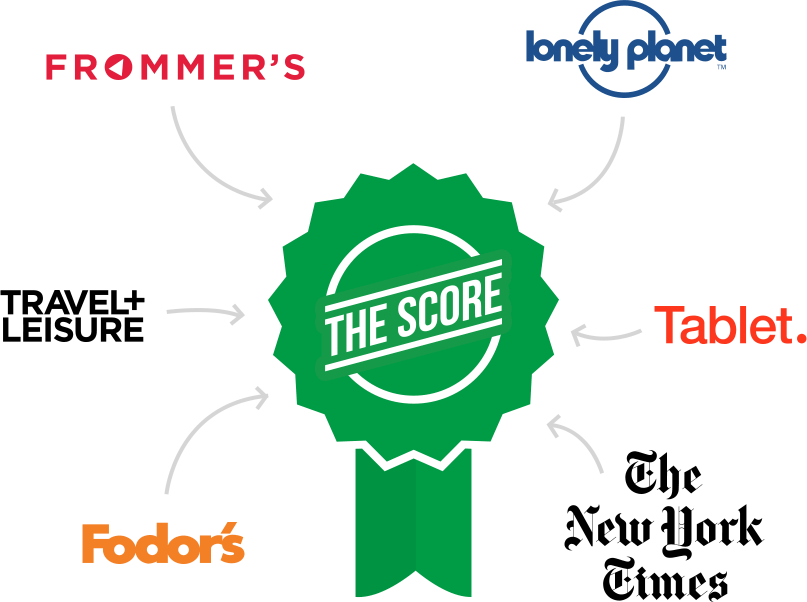
There are times in life when unpredictability is a good thing. Booking a hotel is not one of them. When you take that long awaited vacation, you want the luxury hotel you’ve been dreaming of, and not an overpriced room stuck in the 1980s. When you travel for business, you want a hotel with the amenities you need in a convenient location, and not frat house with no wifi.
Until now, there has been no objective way to measure a hotel’s quality. You could reply on amateur reviews (which, if not fake, are highly subjective and unreliable) or you could dig up that one travel guide you bought in 1993 and hope the listings are still relevant.
No more.
The TripExpert Score is the first objective measure of a hotel’s quality based on reliable reviews. It allows you to find the best hotel at any price-point in thousands of destinations across the world. The TripExpert Score allows you to know what you’re going to get when you travel, and to know that it will be great.
Calculating the TripExpert Score
Simply put, the TripExpert Score takes into account how many publications have recommended a hotel, the reliability of the publications, and what they’ve said about the hotel.
But the algorithm itself is not simple; it is a complex yet elegant tool designed to help you find the best hotels. Here’s how it works.
When we talk about “what” a publication has said, we mean scores (e.g. “3 stars”) and rating categories (“critic’s pick”, “editor’s choice”), as well as any textual descriptions (“the best hotel in Berlin”) that appear in the body of the review and that are noted by our editors.
Some publications are weighted more than others
All of our reviews are written by professionals. However, publications are given different weights in calculating the TripExpert Score. This is not because we subjectively favor some publications over others, but because some publications provide us with stronger quality signals than others. A publication that has a numeric rating system, and that rates a very large number of hotels is especially useful. For example, the Michelin Guide and Frommer’s are given a lot of weight because they have a simple, globally applicable numeric rating system that is applied to a large number of hotels.
Some reviews are weighted more than others
Even within a particular publication, some reviews are given more weight than others. A recently published review is generally more valuable than an older review. A review is especially useful if it is for a new hotel that has only recently started to receive coverage in the media; if a couple of publications give it stellar reviews, it is probably a great hotel even if it has so far only been reviewed by a small number of publications.
Scores need to be considered in context
A hotel that has 4 stars in Frommer’s is better (according to Frommer’s) than one that has 3 stars. But how much better, and how much of an impact should this have on the hotels’ TripExpert Scores? To answer this question, our algorithm takes into account a number of factors, including:
- • Where is the hotel, and how did Frommer’s score other hotels in the same place?
- • What price category is the hotel in, and how did Frommer’s score other hotels in that price category?
- • What is the average rating in Frommer’s, globally and in the relevant destination?
Interpreting the TripExpert Score
The TripExpert Score is intended to be intuitively understandable. However, for those interested, here are some “expert” tips for interpreting it:
- • Scores range from 60-100. We describe 60-70 as recommended; 70-80 as very good; 80-90 as excellent; and 90-100 as outstanding.
- • Scores are intended mostly to provide guidance within a particular destination. A hotel that scores 90 in New York City is better, according to experts, than a hotel that scores 80.
- • Scores also provide guidance between destinations. A hotel that scores 90, regardless of where it is located, is an outstanding hotel. (For an important qualification, see “Aren’t your scores too low?”)
- • All hotels on TripExpert are recommended. A property is listed on TripExpert only if it has been endorsed by multiple experts. There are certainly some average hotels on the site, but we hope that there are no bad hotels. Or, at least, a hotel listed on TripExpert is one that experts consider to be one of the best in the area. All of the hotels in the area may be “bad”, but they’re the best bad.
Here are some answers to questions we’re often asked about the TripExpert Score.
Why should I trust professional reviewers?
These are people who have made it their job to provide the best advice to travelers. They’ve usually lived in the place they’re writing about, and they know the neighborhoods, transit routes, and other salient information much better than almost everyone who posts a review on a user review website. They’ve stayed in or visited multiple hotels, and they know which to recommend. As Arthur Frommer — the pioneer of the modern travel guide — says in his endorsement of TripExpert, many of these are people who have “devoted their careers to the subject matter and built major reputations based on the worth of their reviews”.
Are the results better than user review sites?
Yes. Much better. We’ve written extensively about why user reviews don’t work. We also have a blog post that compares the #1 hotel on TripExpert and TripAdvisor for various destinations.
Why are some of your scores so low?
In very big cities, where there is a lot of competition among excellent hotels, average TripExpert Scores tend to be lower. We do this for a reason. There are probably at least 50 outstanding hotels in New York City, and if we gave them all a TripExpert Score of 90, the number would stop being a useful way of determining which is best. We therefore “spread” them out across a wider range. This means that some great hotels in New York have scores that are slightly lower than they would have been if they had been located in, say, Kansas City. We think that this is the correct outcome. Most people are looking to make a decision about which hotel to stay at in a particular place, and so our main goal is to provide the best experience to facilitate this decision. In addition, the wider range of scores reflects the fact that a visitor to New York has a wider range of options.
All this talk of algorithms may seem complicated. And, on some level, it is. There’s a reason why no one else has successfully created a comparable hotel rating system until we did it. As you can see, there’s a lot that goes into creating an objective measure of a hotel’s quality. But travel is such an important part of life. With some much money and emotional investment at stake, we believe that information is power, and we aim to give you as much power as possible to make the best decisions on where to stay. Happy travels!
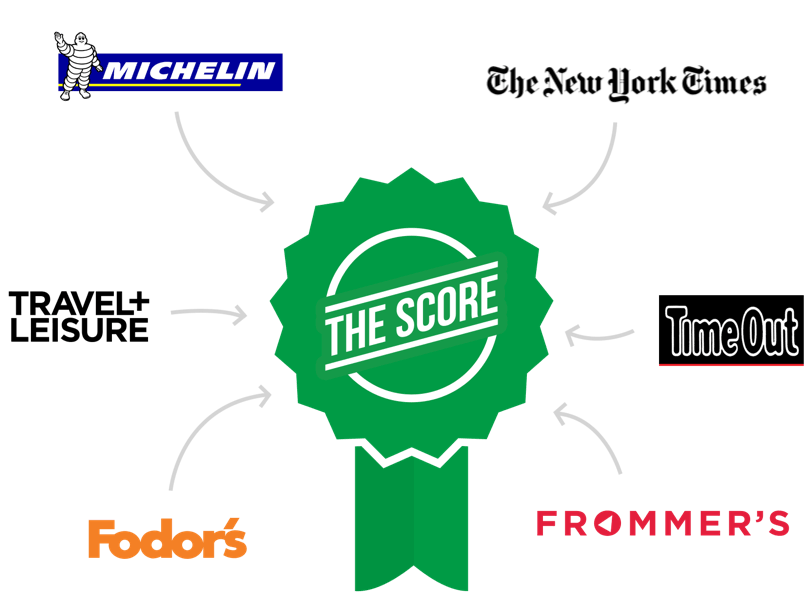
The Crosby Street Hotel and the Chelsea Pines Inn, New York City
In 1999, at the peak of the dot com bubble, Epinions.com came online. The site allowed regular people to post reviews of consumer products like cameras, books, and toys.
It is difficult to imagine now, but at the time this was a novel idea, and it attracted a lot of interest. The New York Times described the site as a “marketplace for ideas”, and said that the company had become a “lightning rod for talent” in Silicon Valley.
“Epinions” are now pervasive on the web and have become a major factor in consumer decision-making. We rely on non-professional reviews to decide where to dine (Yelp), what household goods to buy (Amazon), what to read (Goodreads), what hotels to stay at (TripAdvisor), and even what doctors to choose (Healthgrades). User reviews have contributed to people making better informed decisions about how to spend their time and money. They have also increased incentives for everyone from restaurant owners to TV makers to improve the quality of their products and services.
But aggregating user reviews does not always produce accurate results. TripAdvisor and Yelp provide us with deliciously definite claims about how places compare to each other, like “#1 in New York City” (a designation that TripAdvisor gives to the hotel pictured at right; more on that later). This post will show that these claims are frequently wrong, especially for hotels and restaurants.
This is not just because some reviewers are misguided or ill-informed, like the Scottish woman who became the 87th best attraction in Glasgow by filling out the wrong form on TripAdvisor, or the gentleman from Hawaii who posted a negative review of a hotel because a nearby beach was too sandy.
Rather, it is because user reviews systematically favor certain establishments over others. The reasons for this fall under three headings: incentives, fake reviews, and demographics.
There are 3 reasons that user reviews fail to produce accurate results & favor some kinds of hotels over others.
Who writes reviews — and why? These are the key questions in assessing the reliability of sites like Yelp and TripAdvisor. If certain groups of people are more likely to write reviews, or certain types of experiences are more likely to prompt someone to write a review, the results may be skewed in favor of certain types of places.
We know that reviews tend to be written by people who have had either an exceptionally good or bad experience. This results in a lot of 1- and 5-star reviews. The median customer — someone who had an “OK” experience and who has nothing particularly positive or negative to say — tends to be underrepresented; some fire in the belly is an effective inducement for someone to spend time posting a review. This is not necessarily a problem, however. It does mean that reviews are often full of vitriol and effusive praise. But as long as places attract 1- and 5-star reviews in proportion to how much they deserve them, their overall ratings should accurately reflect customers’ experiences.
The problem is that users frequently write these 1- and 5-star reviews for reasons that are entirely irrelevant to future customers’ potential experiences. Negative reviews, in particular, penalize some kinds of establishments disproportionately to others.
A good example is the “nightclub penalty” on TripAdvisor. This affects hotels that are attached to popular clubs or bars, especially those with a “selective door” (a euphemistic expression used, especially in New York, to refer to bouncers turning away people who are ugly, poorly dressed, or who arrive in a group that has too many men and not enough women).
People often write damning reviews of a hotel they haven’t stayed at because they had a bad experience at its nightclub.
Such hotels are more likely to receive a high number of 1-star reviews than their peers. This is not because they are bad hotels — or because their nightclubs are noisy and cause discomfort to guests. Instead, the reviews are posted by disgruntled revelers who get turned away at the door. Many have not even overnighted at the hotel. A classic example is someone who posted a 1-star review of the Ritz in London 82 because she was wearing jeans and wasn’t allowed into the hotel bar; she thought an exception ought to have been made because hers were by Armani.
For a more in-depth example, consider The Standard High Line in New York. It has a high TripExpert Score; Fodors calls it “one of New York’s hottest hotels” and, as Travel + Leisure notes, virtually every room has stunning views. It’s not perfect; we rank it #51 in New York, and many of the negative reviews on TripAdvisor make valid points about its shortcomings. But its TripAdvisor score, 75, is strangely low, putting it in the bottom half of TripAdvisor’s ranking of New York’s approximately 440 hotels. It’s apparently worse than a Comfort Inn on the Lower East Side (#172) and an Econo Lodge in Times Square (#218). Why? At least part of the reason is that people go on TripAdvisor to complain about how they have been treated by the bouncers or the wait staff at Le Bain, one of the city’s hottest nightlife destinations. The following review is representative:
Just in case you (understandably) didn’t read the whole extract: the reviewer admits to never having stayed at the hotel.
If all hotels had popular nightlife venues, this would not present a problem for a review aggregator. But obviously they do not. Using TripExpert data to provide a baseline for comparison, we can explore the effects of the nightclub penalty. The following table shows all hotels in New York that score very well on TripExpert (> 80) but poorly on TripAdvisor (< 75). 6 out of 10 of the hotels (the shaded rows) have nightlife venues with “selective doors”. All 6 have reviews on TripAdvisor that consist of complaints about treatment by bouncers or maitre d’s. In other words, they have all taken a nightclub penalty.
The nightlife penalty is broader than its name suggests. It can apply to any establishment that has ancillary facilities frequented by non-customers, like golf courses, beaches, casinos (“rip off casino“), and so on. Some reviews even penalize hotels on the basis of their experiences at nearby population centers (“the nearby town is terrifying“).
Rejection by a bouncer at a nightclub is just one example of an event that is likely to prompt someone to take the time to log on to TripAdvisor and write a scathing review of a hotel. To investigate what else triggers negative review writing, we read 1,000 one-star reviews. (We selected 100 hotels at random from TripAdvisor’s 447 listings in New York and for each of them read the 10 most recently posted 1-star reviews.) We used TripAdvisor’s own rating categories to classify the reasons that the user awarded the hotel such a low score. These are the results:
Claims of bad service contribute to 1-star reviews more than any other factor. Over 40% of the 1-star reviews that we read included a complaint about the service. Luxury hotels are especially prone to such complaints; for 5-star hotels, the figure increases from 41% to 46%. Almost half of 1-star reviews of luxury hotels complain about service. Frequently, they say the service is rude or arrogant. This review of the St. Regis, one of New York’s great hotels, is like a lot of others we encountered:
Of course, hotels should be penalized for stuffy, unpleasant, and brusque service. But by how much? Is service really more important than the comfort of the rooms or the convenience of the location? A survey of travelers conducted by TripAdvisor suggests that service is actually the least important major factor:
When asked what makes a hotel great, 30 percent of respondents said location is the most important factor, while 29 percent cited comfortable beds, and 24 percent said hotel staff/great service.
This means that there is a mismatch between what is important to travelers and what reviewers write about on TripAdvisor. Bad service (or the perception of bad service) has an effect on a hotel’s rating that is out of proportion with how much people value good service.
This means two things. Most obviously, it means that hotels with bad service will get penalized more than they deserve. But the overrepresentation of negative reviews about service probably also works to the detriment of certain kinds of hotels. The average guest of a no-frills motel has less contact with hotel staff than the average guest of a luxury resort. The motel has fewer staff overall and fewer services that require interaction with staff (no 24-hour concierge, no towel boy at the pool, no spa attendant, etc.) The motel guest is therefore less likely to be brushed the wrong way and end up posting a review complaining about the snootiness or brusqueness of the staff.
Service is important. But it’s only one of many factors that influence how much we enjoy a hotel stay. In negative TripAdvisor reviews, other factors like location and comfort are often not given the attention they deserve. Location, according to the survey the most important contributor to a good hotel, was mentioned in only 17% of the reviews in our 1,000 review sample.
The high expectations penalty
While analyzing 1-star reviews on TripAdvisor, we encountered a lot of guests who were disappointed because their stay did not live up to expectations. Frequently, reviews such as these are posted by people who resent having paid a lot of money. This is not necessarily bad: value for money is obviously something that is important to most travelers, and it’s only fair that expensive hotels are held to a high standard. But people have different tolerances for price, and user ratings make it impossible to filter out the effect of this high expectations penalty. Say that you’re planning a trip of a lifetime — a honeymoon in Rome — and price is no object. If you go with the TripAdvisor #1, you’ll be staying at the Appia Antica Resort. This is what your room will look like:
I’m sure this is a nice enough hotel, and having read all 91 reviews on TripAdvisor, I have no doubt that the staff are very friendly and helpful. You might even find the stickers on the wall above your bed wishing you good night in six different languages to be a quaint touch.
But you won’t be staying in the best hotel in Rome. Not even close. That would be Hotel de Russie, a “neoclassical landmark” (concierge.com) with “exquisite terraced gardens” (Lonely Planet), positioned right on the Spanish Steps. Hotel de Russie ranks #93 on TripAdvisor, so unless you scroll through four pages of results, you won’t even see it. Why does it perform so badly? If you sort reviews so that those with the lowest ratings appear first, you’ll get the answer. Here are the headlines of the first few:
- • “E575 for a double room for double use: waaay over-priced”
- • “Too expensive, staff too posh, nice garden.”
- • “Simply not worth the money”
- • “What a joke and a complete disappointment”
- • “Overpriced – Laundry list of complaints”
- • “waist of money”
- • “De Russie is a Disappointment”
Hotel de Russie has been penalized for being expensive and for disappointing guests who expected a better experience given how much they paid and given the hotel’s reputation. As expensive as it is, however, Hotel de Russie is not the 93rd best hotel in Rome. A far better approach to dealing with hotels in different price categories is to isolate price from the review methodology and rank hotels regardless of how expensive they are — and then let users filter based on their budget. We can make our own decisions about how much we are prepared to pay for a particular occasion; those decisions should not be made for us by other users’ notions of what is good value for money.
No-one knows how many reviews on Yelp and TripAdvisor are fake; some estimates are as high as 40%. We do know that the incentives for restaurant and hotel owners to increase their scores is substantial.
Hotels and restaurants can (and do) game the system by posting fake reviews.
A UC Berkeley study showed that an increase of half a star resulted in a restaurant’s chance of selling-out during prime dining time increasing from 13% to 34%. A Harvard Business School study estimated a 1-star increase improved revenues by between 5-9%.
We also know that it’s easy and cheap to buy fake reviews. Outsourcing websites like Fiverr and cloud workforce platforms like Amazon’s Mechanical Turk have been used by hotels and restaurants to buy fake reviews for as little as 25 cents each.
Can fake reviews be weeded out automatically? TripAdvisor and Yelp talk up their clever algorithms that can supposedly identify suspicious reviews and either delete them or prevent them from having an effect on an establishment’s score. These algorithms will improve over time, especially as the sites apply machine learning techniques to their growing amount of data. But with such strong financial incentives involved, nefarious hotels and restaurants (or their far-removed subcontractors) will correspondingly devote a significant amount of time and money to figure out how to trick the system. Some of the factors that these algorithms take into account are obvious and their effects can be circumvented. For example, extreme reviews attract suspicion, so a hotel that has a 3-star rating can post a lot of 4-star reviews.
If all hotels posted fake reviews at the same rate, the practice might not have a detrimental effect on overall ratings and rankings. But it is likely that some kinds of properties are more prone to do so. This is because the risk to the reputation of a luxury hotel chain like the Four Seasons if it were found posting fake reviews is considerable. But a family-owned boutique would find it comparatively easy to keep the practice under wraps — and even if someone found out, the story would hardly be newsworthy.
The people who post reviews on Yelp and TripAdvisor are not demographically representative. Unfortunately, there are no reliable statistics about who contributes to these sites by posting reviews. We do, however, know about their overall user base.
Some groups are overrepresented on review sites, which skews results in ways we don’t yet fully understand.
Compared to the general population, Yelp users are more likely to be female (~54%), much more likely to have attended college or graduate school (~72%), and are much wealthier (~38% have a household income of at least $100,000). Female users of Yelp are apparently more likely than male users to write reviews; combined with the overrepresentation of women in the overall user base, the number of reviews written by women is probably therefore at least 60%.
Do demographic differences such as these make a difference? Although we can’t tell for sure, it’s easy to see how they might. Women, for example, are more health conscious than men (significantly more follow a diet) and are much more likely to be vegetarian or vegan (79 percent of vegans in the US are female). These characteristics probably affect how restaurants that cater to these preferences rank relative to those that do not.
 The Cinnamon Snail food truck
The Cinnamon Snail food truckEarlier this year, Yelp released a list of the top 100 places to eat in the United States. Coming in at #1 was Da Poke Shack, a casual but undeniably outstanding seafood restaurant in Hawaii. Spend some time with the list, however, and you will notice some curious inclusions. For example, according to Yelp, the best place to eat in New York (and the 4th best in the country) is an organic vegan food truck called “The Cinnamon Snail”. In one of the world’s great culinary hubs, with a total of 86 Michelin stars and a dynamic and inventive food culture, is the best food really being served out of a truck?
Maybe. Or maybe “The Cinnamon Snail” is the beneficiary of a demographic that is overrepresented among Yelp reviewers: cost-conscious 20- and 30-somethings who prefer organic food, who are much more likely than the general public to be vegan, and who like the novelty of discovering a great food truck and sharing the experience with their social network. There may be worse things than a tyranny of vegans. But it is nonetheless a tyranny.
Crowdsourced opinions about hotels and restaurants can be useful. If you have the time and patience to read hundreds of reviews posted about a hotel on TripAdvisor, you’ll probably get a good sense of what it is like and whether it is a good match for you. But the point is that most people don’t read every review; instead, they rely on the overall score awarded to the hotel and how it ranks relative to others that they are also considering. It is this approach that is problematic. It is subject to abuse by hotel owners who can post glowing reviews of their own properties and damning reviews of their competitors’. It suffers from a self-selection bias because the people who have the greatest incentives to post reviews are often those who have had some kind of experience that is not relevant or is only marginally relevant to other travelers. It systematically favors certain kinds of establishments over others. And, most importantly, these problems will not be resolved as more and more reviews are posted; they are built into the system.
We launched TripExpert because we think it is an important for people to have an alternative to user reviews. Our data comes from people whose job it is to review hotels: writers for Lonely Planet, Frommer’s, Travel + Leisure, and so on. By aggregating reviews from 20 different publications, we produce a TripExpert Score that accurately tracks hotel quality.
Aggregating expert opinion is not a new idea — Rotten Tomatoes and Metacritic have been doing it for movies and TV shows for years — but it has never before been applied to physical establishments like hotels, restaurants, bars, and tourist attractions. We trust professional movie critics to help us decide what films to watch, which is a much more personal and subjective matter.
We now also have a tool for marshalling the expertise of thousands of professional reviewers in making travel plans.
— @tripexpert
Just another WordPress site
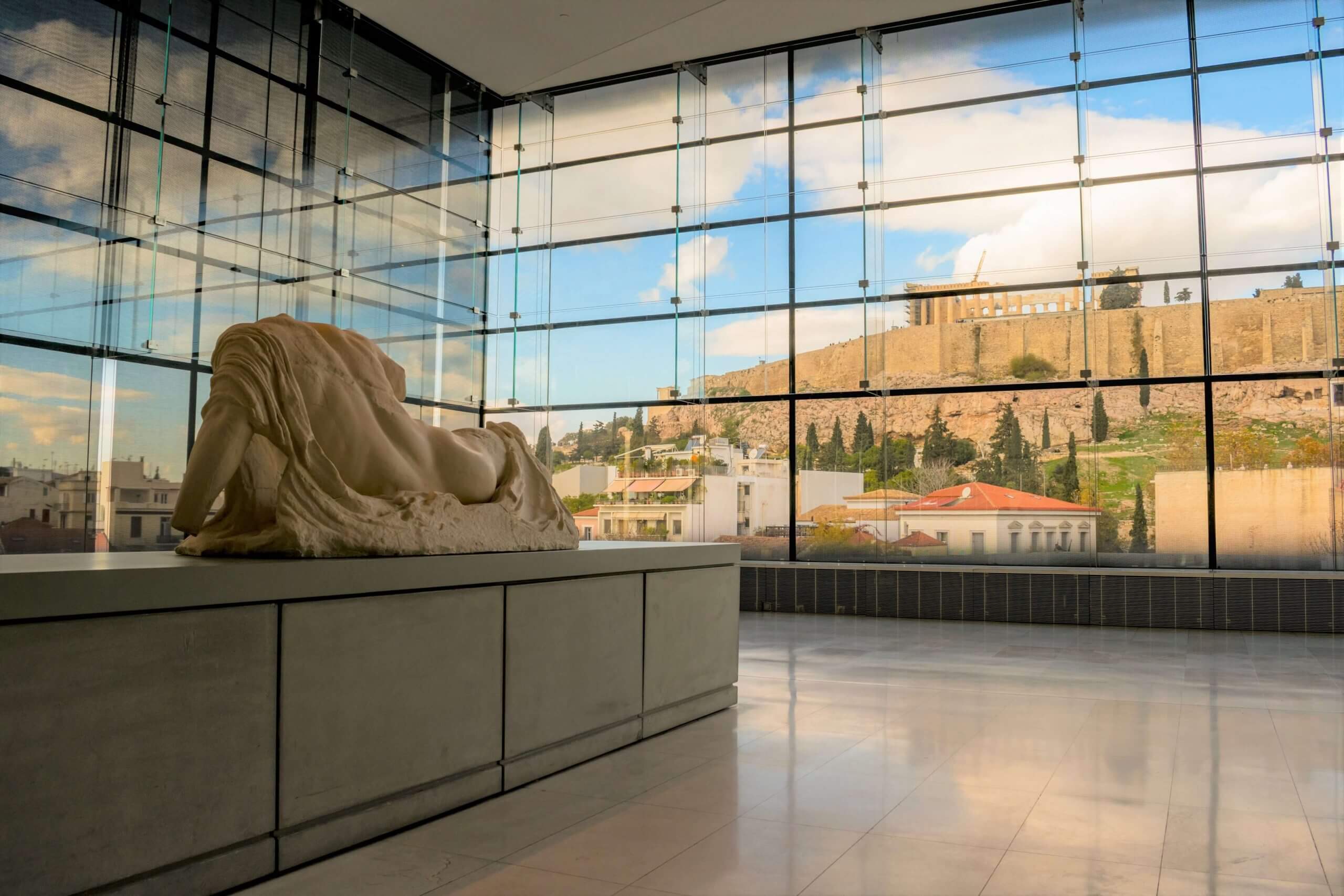



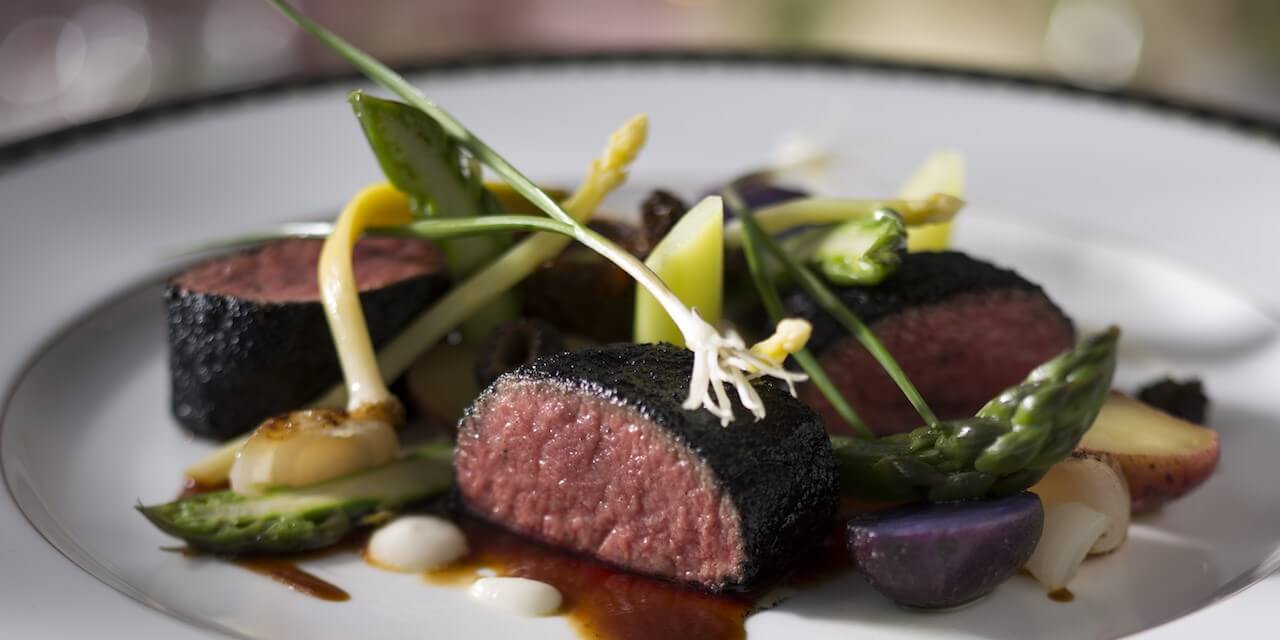

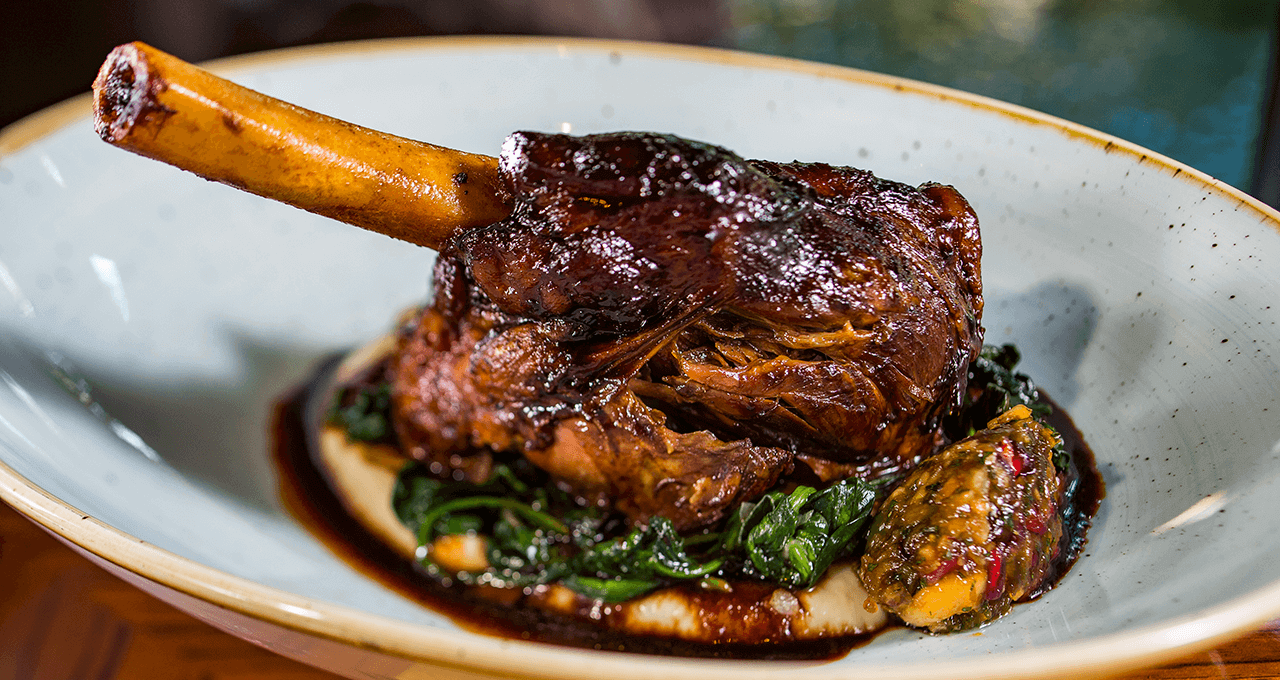
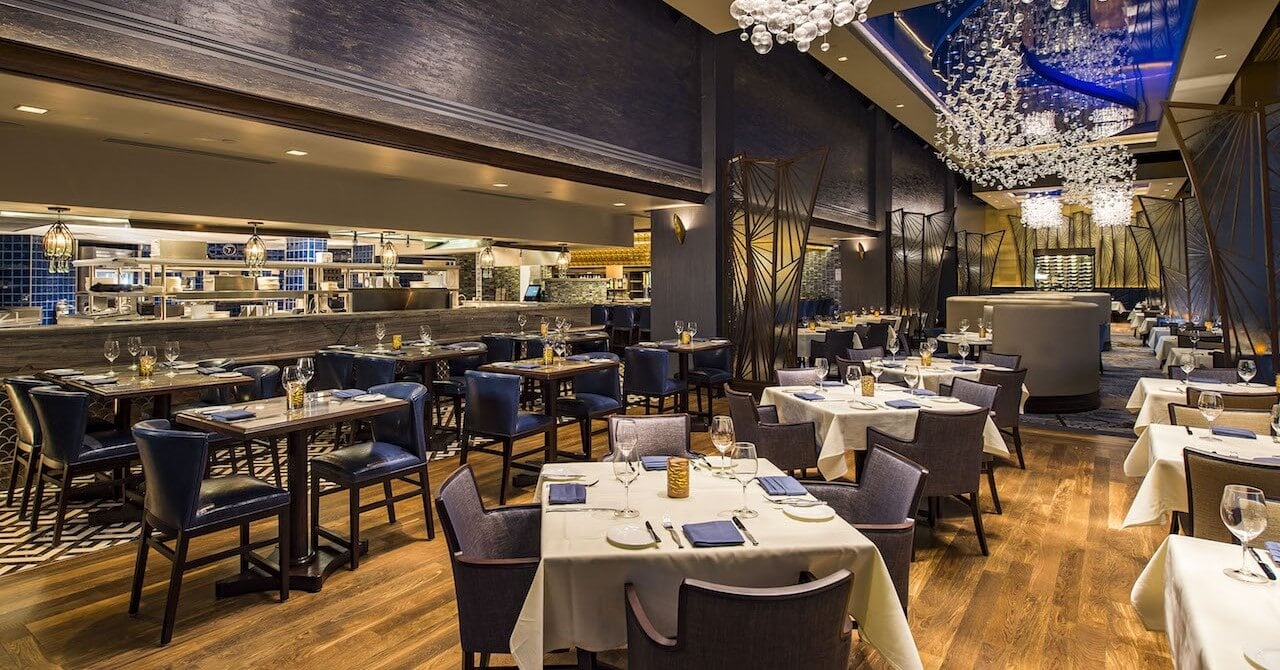
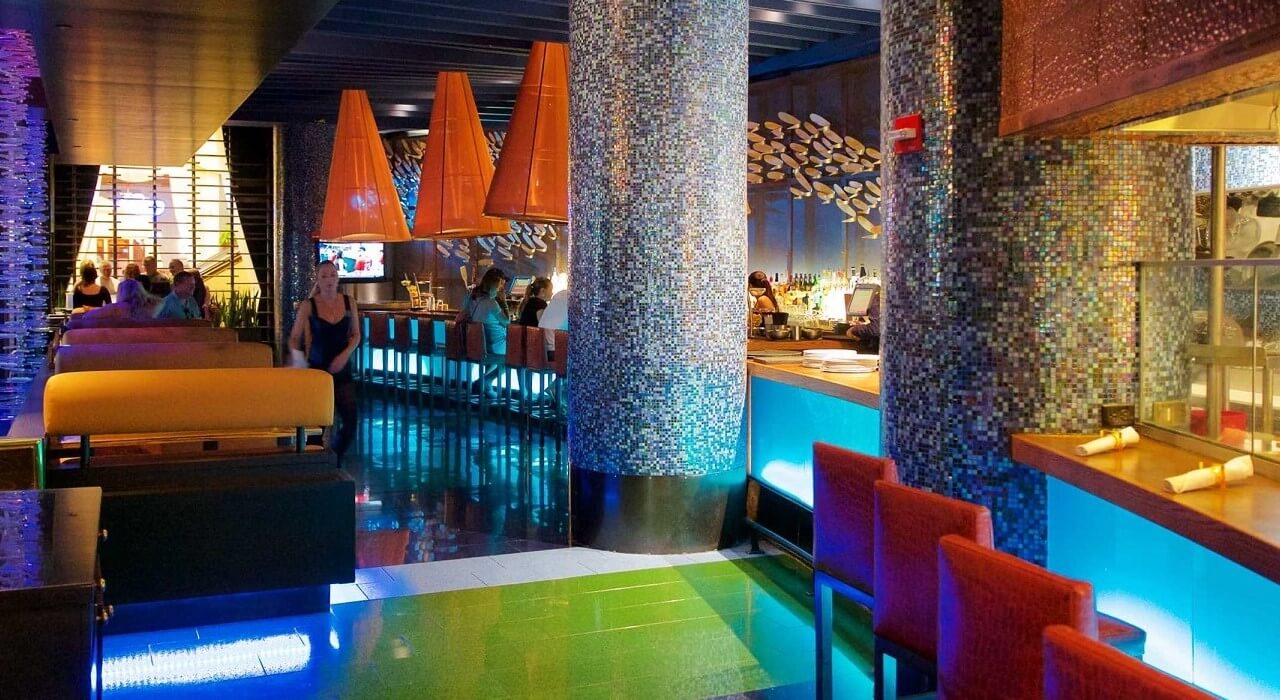









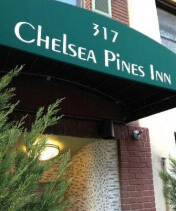
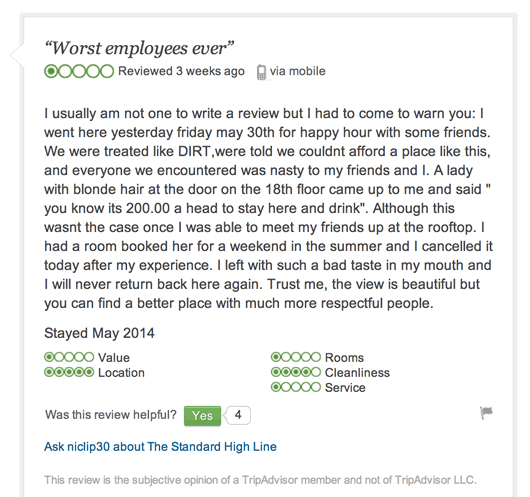
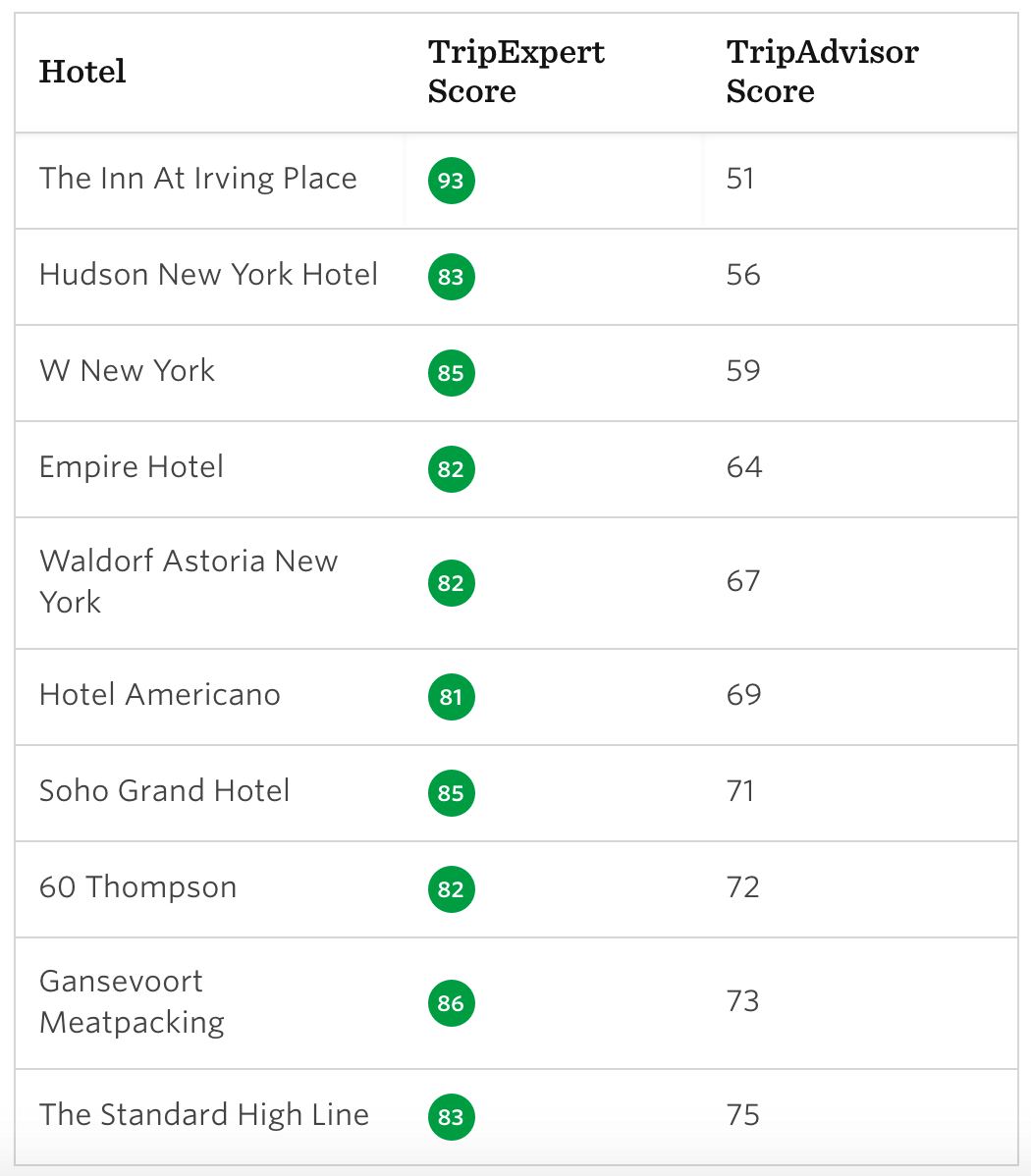
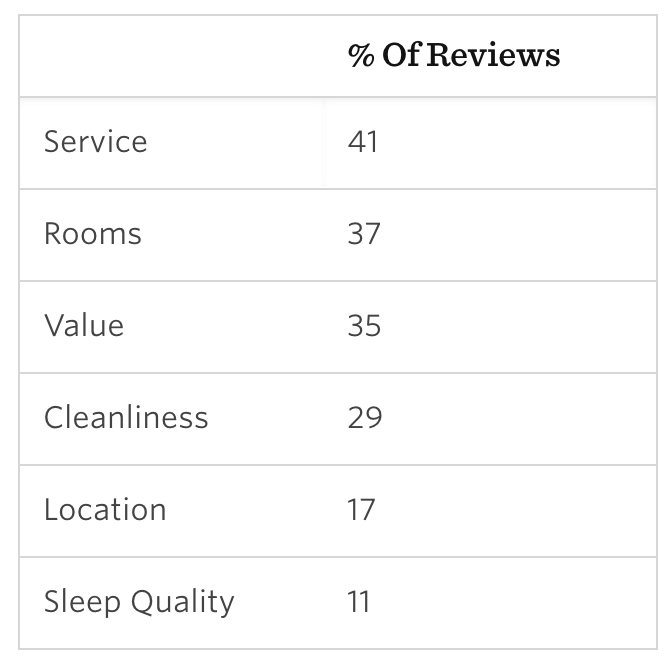
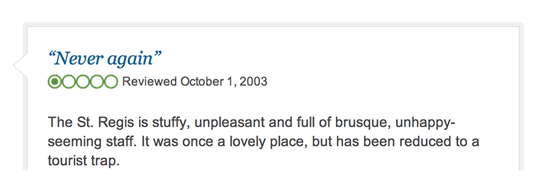

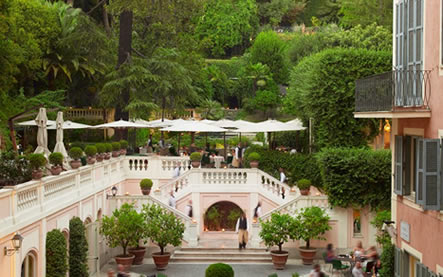
 The Cinnamon Snail food truck
The Cinnamon Snail food truck